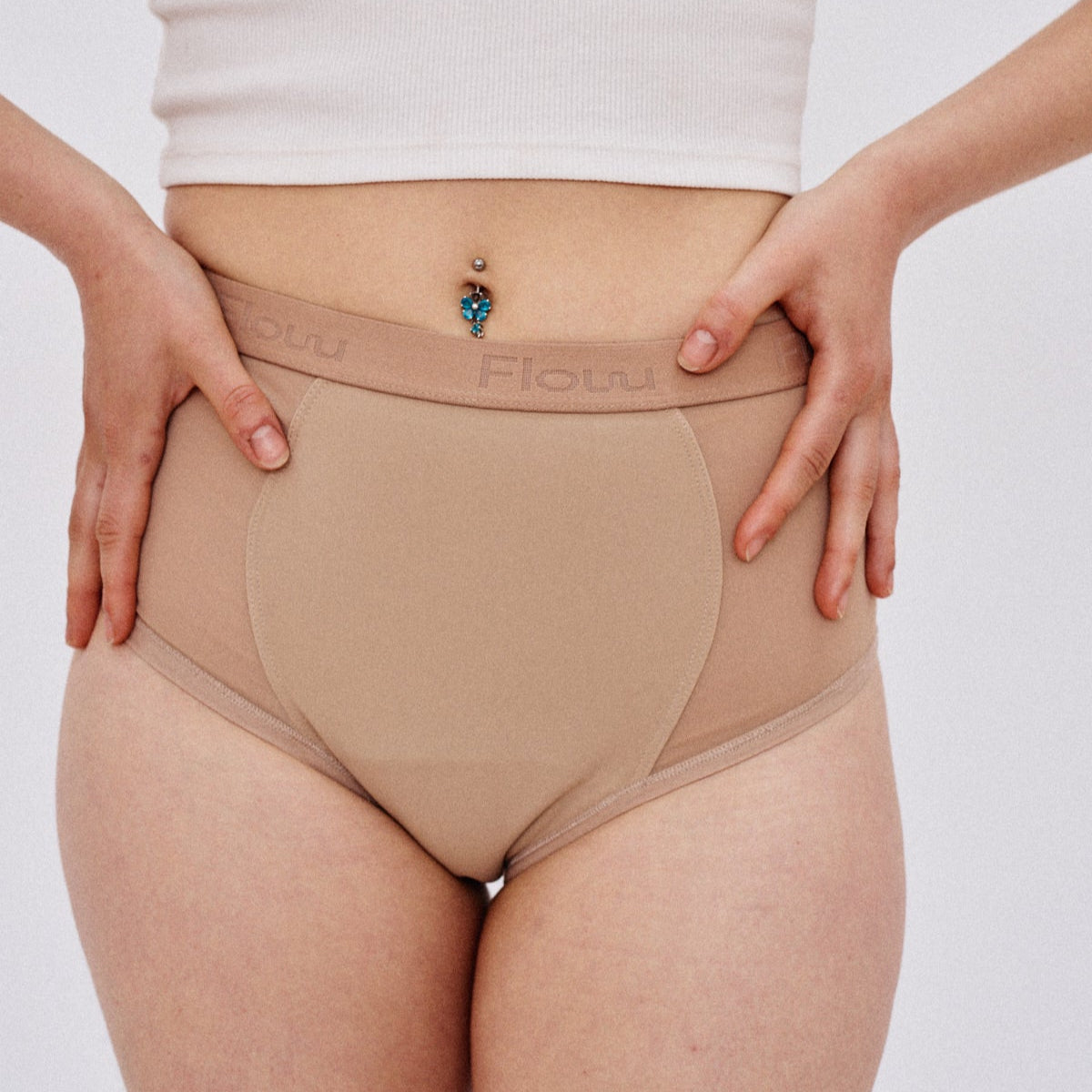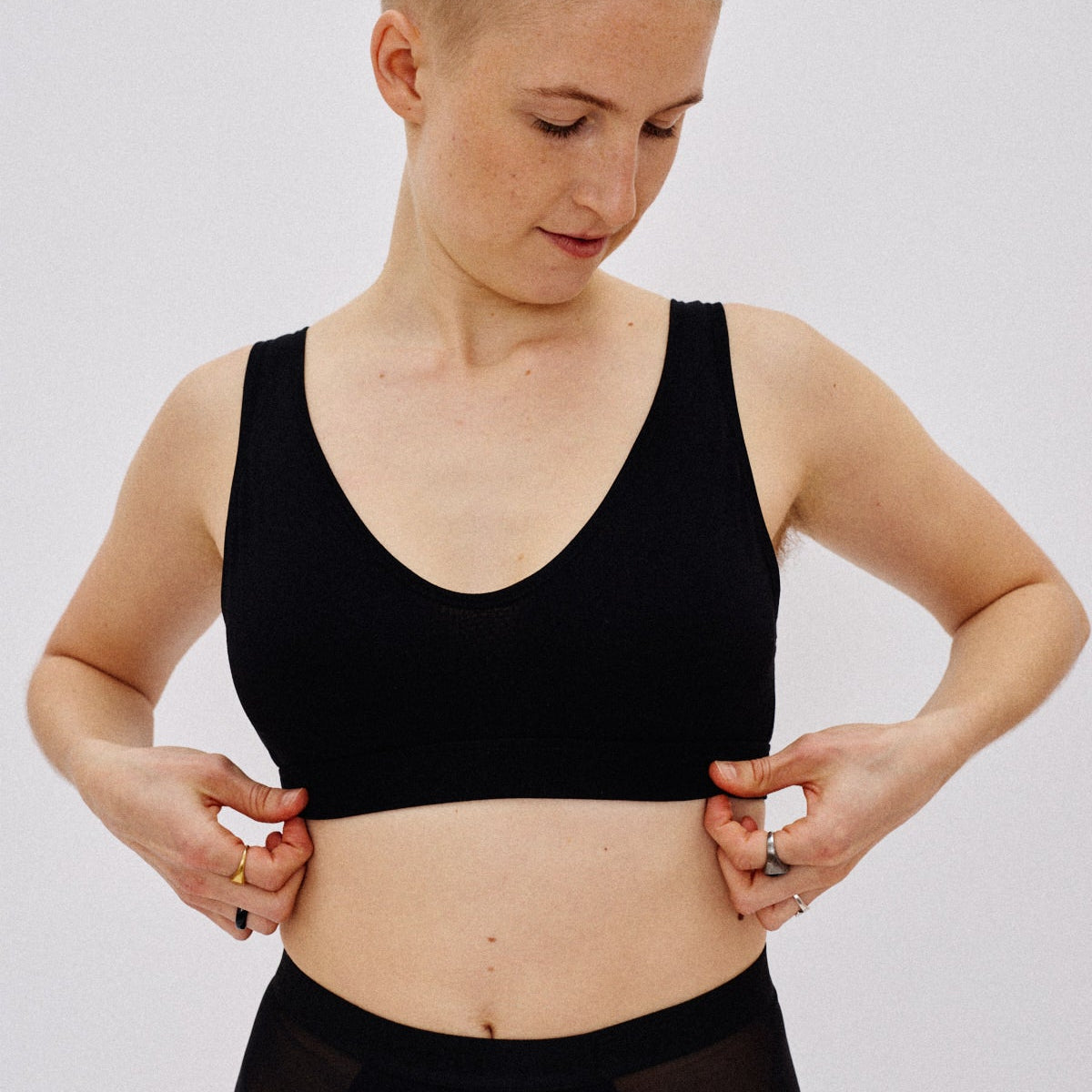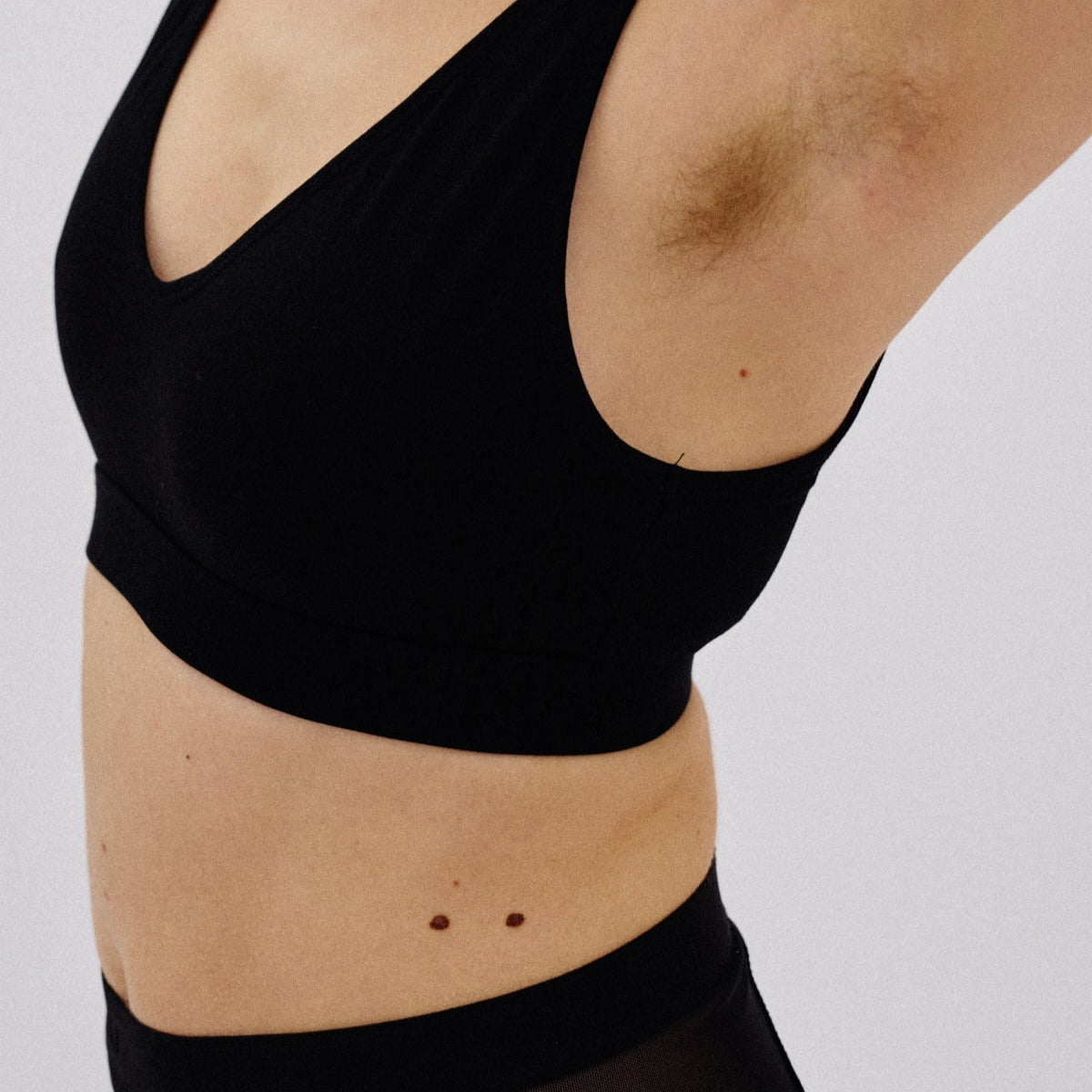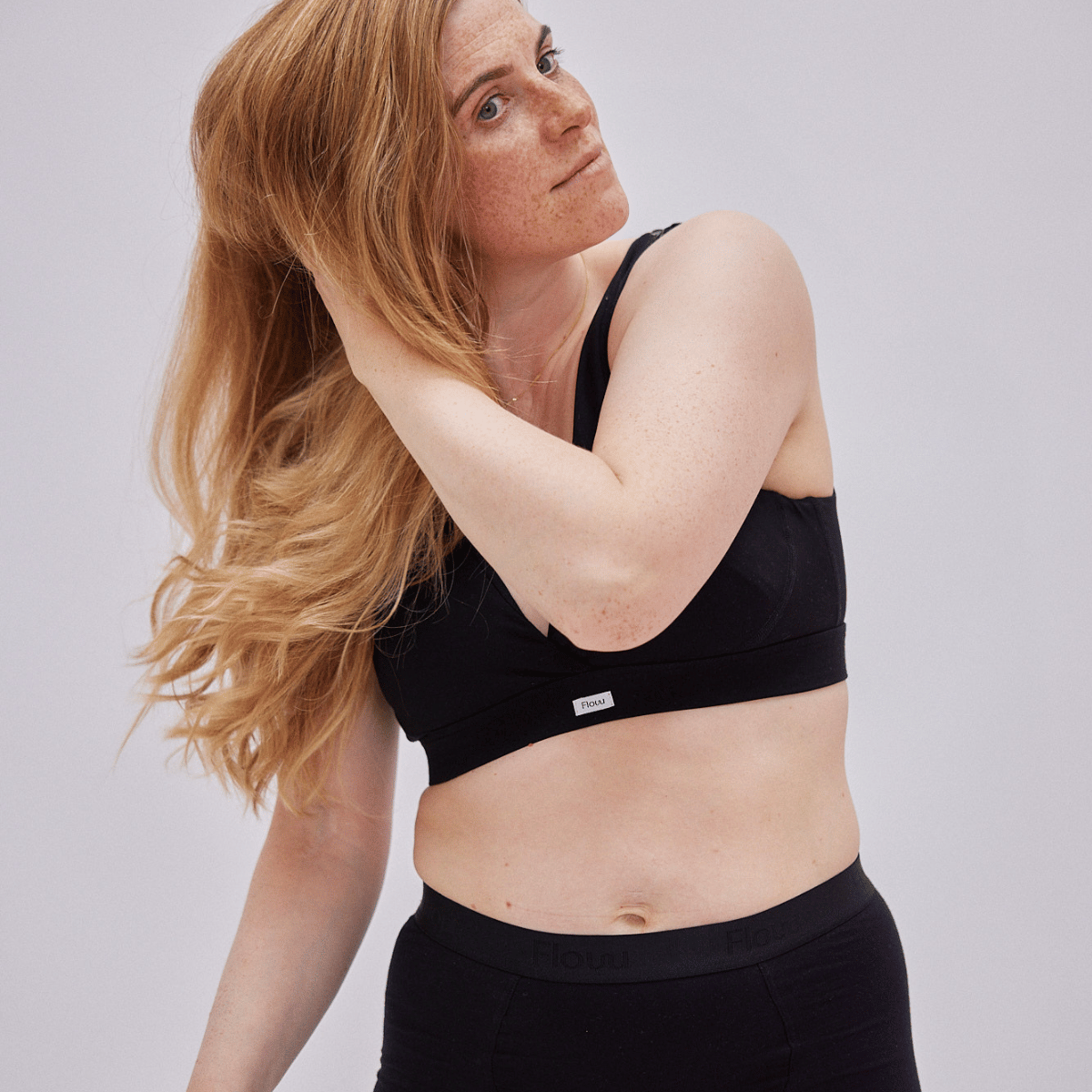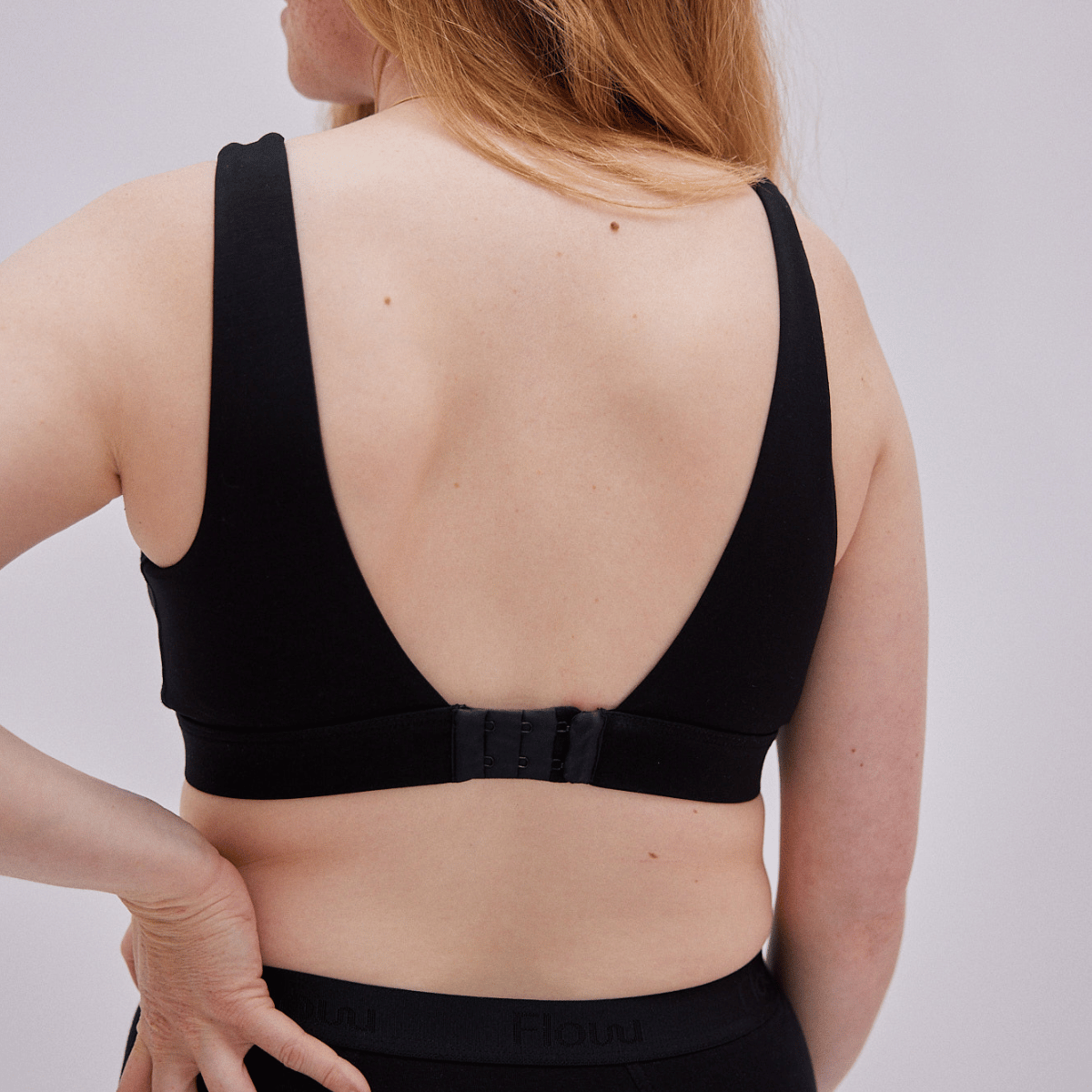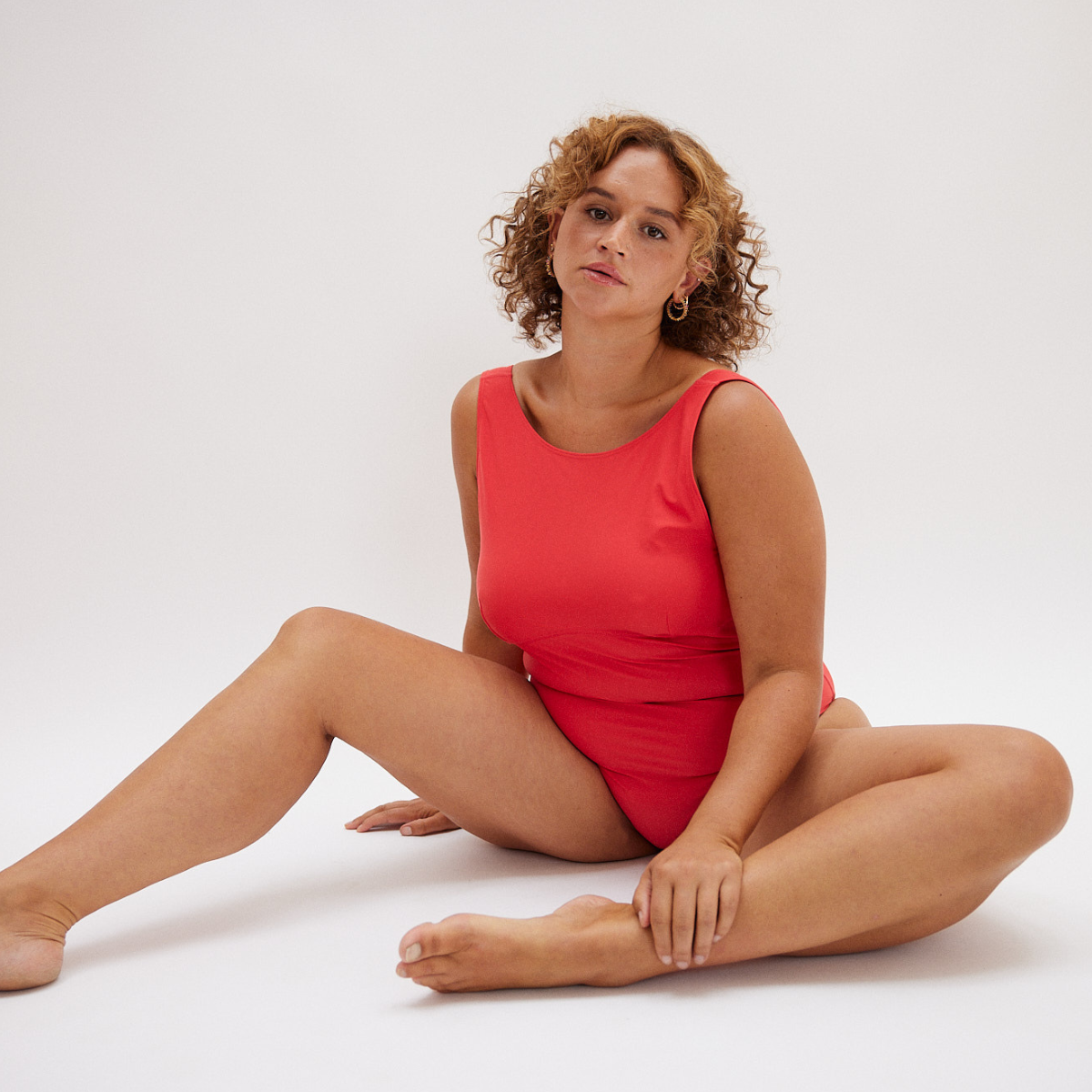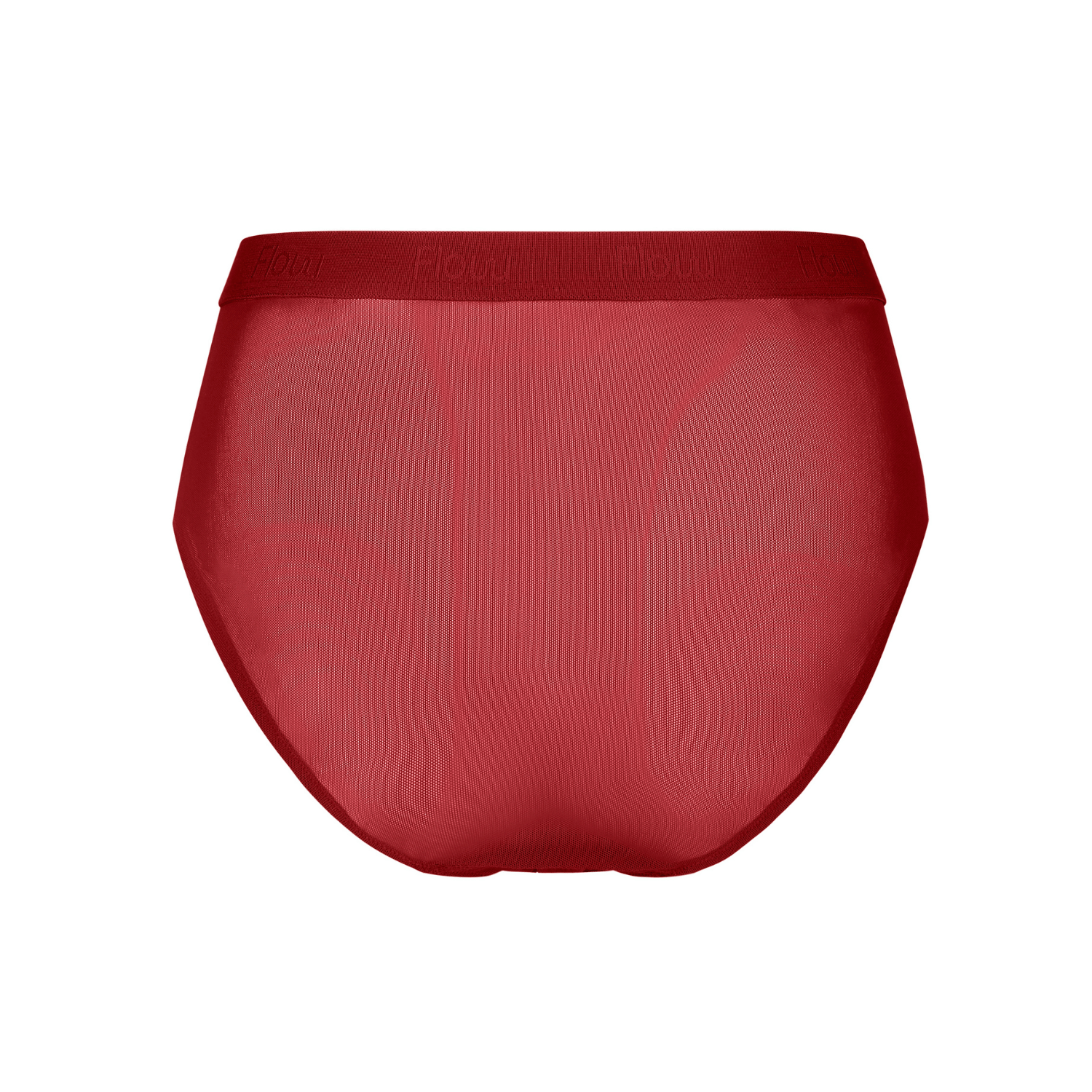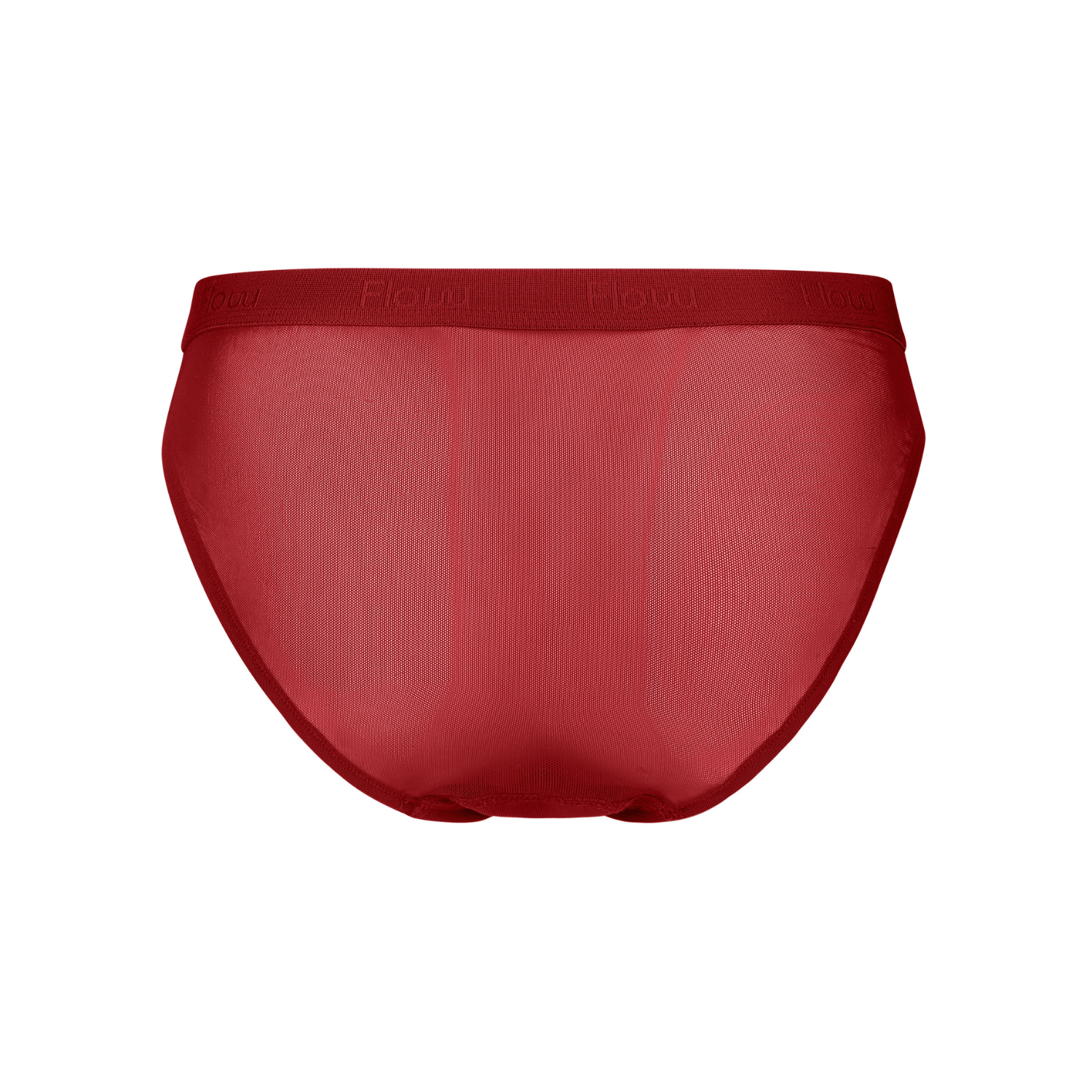Menstruation Towards Menopause: What to Expect?

You sweat, have joint pain, abdominal pain, bleeding disorders, less sex drive, sore breasts, dry mucous membranes or perhaps you experience visual disturbances. There are over 34 different symptoms of menopause. Maybe you experience some symptoms - and others not at all. The symptoms may also come and go. But they can be early warning signs that you are on your way to menopause.
In the beginning, you don't necessarily think that this is exactly what is at stake. There are a few annoyances here and there. If you go to the doctor, your perhaps minor symptoms could easily be mistaken for other ailments, whereas other symptoms can feel completely overwhelming, as if you don't know yourself, so burdensome and disruptive in everyday life.
But what is menopause and what can you expect from the time?
Menopause or menopause typically occurs between the ages of 45-52 in Denmark. When you have not had a period for 12 consecutive months, you are in menopause. It also means that you are no longer fertile - your ovaries have no more eggs and will gradually stop producing estrogen and progesterone.
But already up to ten years before the pre-menopause (pre- or peri-menopause) starts. It happens when the hormones estrogen and progesterone in the body begin to fluctuate, i.e. have fluctuations, and the other hormones, cortisol and insulin, try to compensate for the fluctuations. So it is believed that the symptoms come from the fact that the hormonal balance has started to change - as happens towards menopause. For some, the symptoms will begin around the age of 35, and for others it can happen both earlier and later.

And what changes can you experience around your period?
In general, bleeding disorders are very common in premenopause. This usually means a weaker period. It can also mean that it fluctuates a lot - that you can both experience a shorter cycle with fewer days between your bleedings and then suddenly a longer cycle with several days between bleedings - and then return to normal .
But there are also some who will experience longer periods or heavy periods.
The common denominator is: The change. That something is not as it usually is, that something you know so well changes. However, it must also be said that more menstruating women in their 30s experience, if they have given birth to children, that their periods have become heavier after giving birth - without this being a sign of pre-menopause.
As you approach menopause, you may also experience period-like spotting, which can confuse you a bit. Is it there or isn't it?
The spotting can also be experienced a few years after menopause itself has occurred, but if you start to have regular bleeding again, it may be a good idea to contact your doctor so that you are assured that there is nothing else wrong.
Menopause is still hugely under-explained and the symptoms very individual, but luckily it is developing for the better.
Sources: Søs Wollesen " Free us from more hot trips", sundhed.dk, menokind.dk




